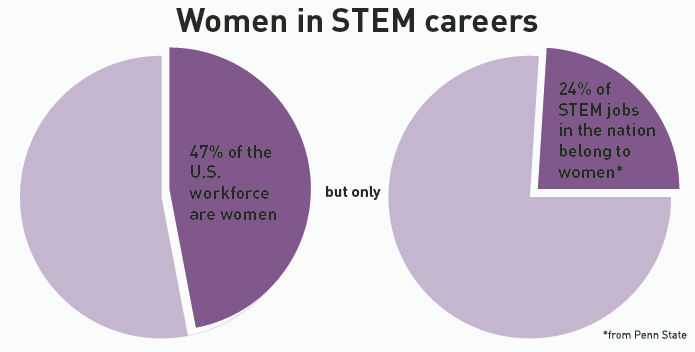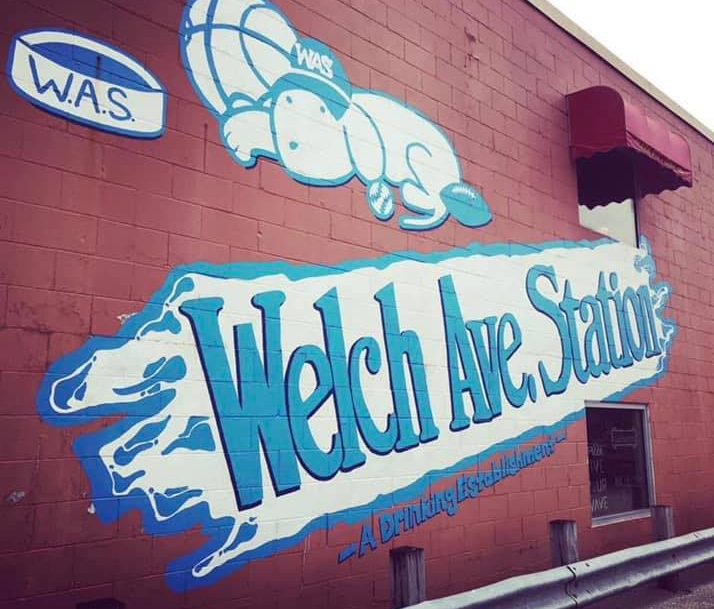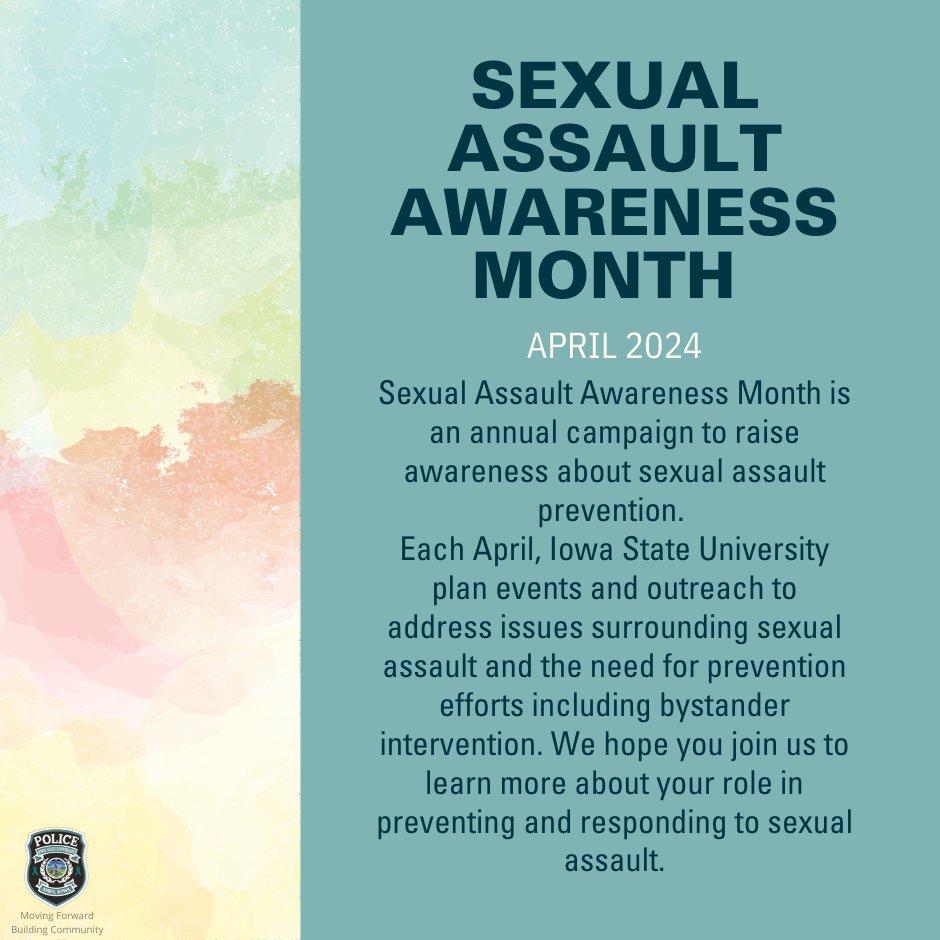Go outside your comfort zone
September 8, 2010
As a computer engineering student at Iowa State who has supported many organizations and has also worked in the “real world,” I realize what engineers are good at and what they’re bad at.
And let me tell you that while engineers would have you believe that they can do anything, they’re usually not as great at writing a sentence in proper English with correct spelling as they are at doing advanced calculus and writing computer software. That is why we need more participation from non-engineering majors in our engineering clubs and groups.
Standing at the Iowa State’s ClubFest the other day and talking about the group that I help run, I would often be asked the question, “Is this group just for engineers?” My answer — and the answer I heard from other groups next to us — was always “No!” because while engineers are thrilled to build fighting robots, environmentally friendly houses and super-powered rockets, we usually have issues when it comes to promoting our clubs, balancing the budget or finding funding for competitive teams.
The problem is that when we run into these issues that we would rather not handle, there is never a business student, art major or advertising guru to be found.
That’s why I encourage you not just to be involved with groups in your area of study. Those groups are great, don’t get me wrong, and they can give you outstanding industry connections, but you can learn much more when you also reach outside your major to a group on the other side of campus.
One of the easiest ways to find a job today is to find a niche at a company that needs people with your skill set but isn’t a traditional place for graduates of your major to go.
Now, I’m not just saying that non-engineers should find an engineering group to be a part of, but that engineers should also reach out and join other non-engineering organizations. Trust me, it will look good on your resume and will help make your job application stand out.
Though my editor Edward Leonard and I are odd aberrations from the normal engineering mold, most engineers are not amazing writers or speakers because they don’t realize that those traits are not just needed, but necessary in life after college.
One of the most difficult issues for engineering companies is poor communication, especially between the businesspeople, engineers and the company’s customers. The only way for engineers to understand the language of business is to work more with non-engineers and the only way for non-engineers to gain better insight into how engineering works is by working together with engineers.
But don’t take my word for it, go to www.stuorg.iastate.edu to find an interesting organization you wouldn’t normally join, and join it today. It won’t hurt and if you really don’t like it, you can stop at any time, but it just might get you that job or internship you have been after.
In the end, my hope is that each person reading this article is able to get deeply involved in an organization at Iowa State this year or at some point during their time at college. Participating in organizations and particularly running student organizations helps you improve some of the skills that you won’t ever learn in class, but that are invaluable in the business world.
We have an incredibly active population of student groups here at Iowa State, more than 800 of them according to the ClubFest website, and all of them can provide you with great experiences that you won’t soon forget. Don’t just go to sleep or play video games when you finish your homework. Join a club and enjoy the adventure (as the commercials say)!
















